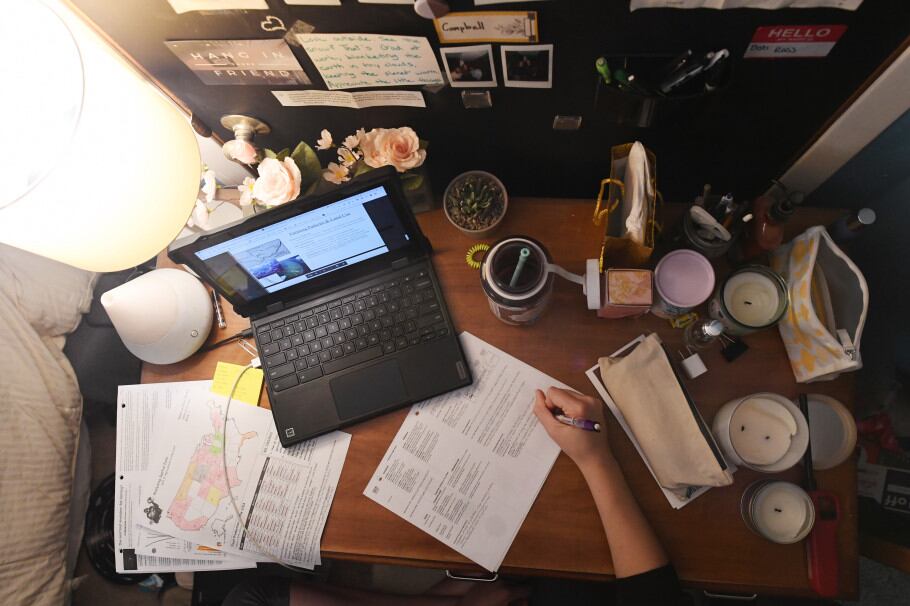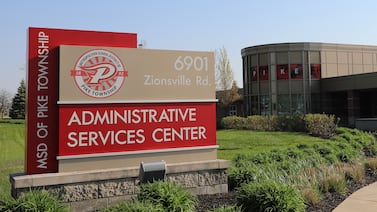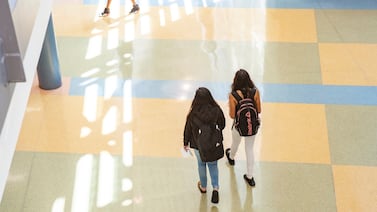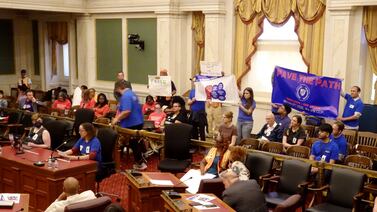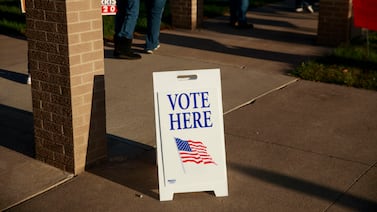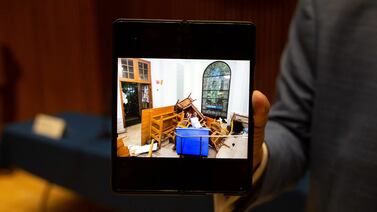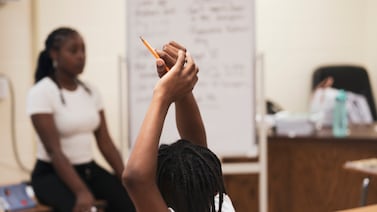Colorado’s second-largest school district will start the school year remotely as cases of the coronavirus continue to rise in the community.
Jeffco Public Schools announced Thursday that students will take classes from home for two weeks starting Aug. 24. The proposal is similar to one announced last week by Denver Public Schools.
The soonest students would return to school buildings would be Sept. 8, and even then, students in middle and high school will attend on alternating days to keep class sizes smaller. Elementary students will be able to attend school five days a week, if public health conditions allow.
“The opening of schools ... will be contingent on virus levels in our community,” district officials wrote in a community email. “Depending on how COVID-19 is spreading in our community, we will move between remote learning, in-person or hybrid learning, and fully in-person learning depending on public health levels as determined by [Jefferson County Public Health].”
District officials say parents can still expect to hear from their school by July 31, about site-specific plans for the start of the school year.
All students will have the option of remaining in remote learning. This fall, the district is placing more rules on how remote learning works in Jeffco. In the spring, officials touted giving teachers flexibility to figure out what worked best. This fall, the district will require that students have live classes daily and live Zoom or Google interactions with teachers at least weekly.
The district’s delay in having students in school buildings will not delay assessments. Jeffco will administer district tests remotely so that teachers can get an idea of learning gaps that they may need to address.
The district’s plan also addresses other concerns. For instance, students and staff will be required to wear masks and adhere to hand-washing schedules to attend in person, ventilation modifications have been made at all schools with air conditioning, and the district will reimburse staff for any out-of-pocket expenses for COVID-19 testing.
Back in May, Jeffco Public Schools was one of the first Colorado districts to announce a hybrid model that would limit the number of students in school on any given day for the fall. Then in response to parent demand, the district decided to offer school five days a week.
Many Colorado school districts, which typically start in early to mid-August, have pushed back their start dates to allow for more planning and to watch public health conditions. The Jeffco teachers union and the Colorado Education Association, the statewide teachers union, have both called for a remote start to the school year.
This week, the Pueblo 70 district in southern Colorado also announced it would start the school year remotely at least until Sept. 14.


